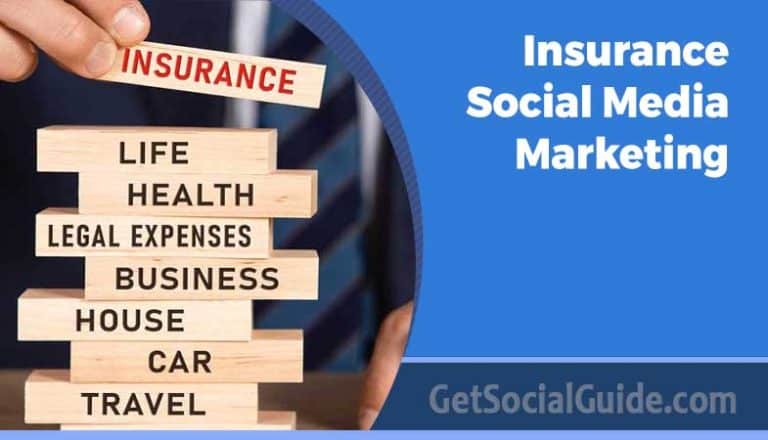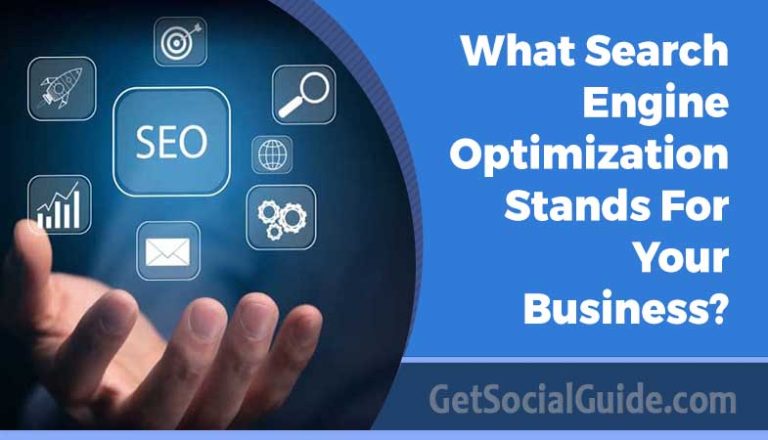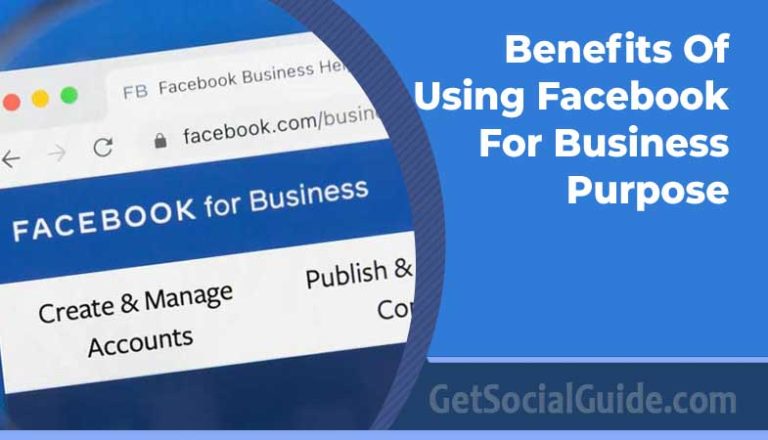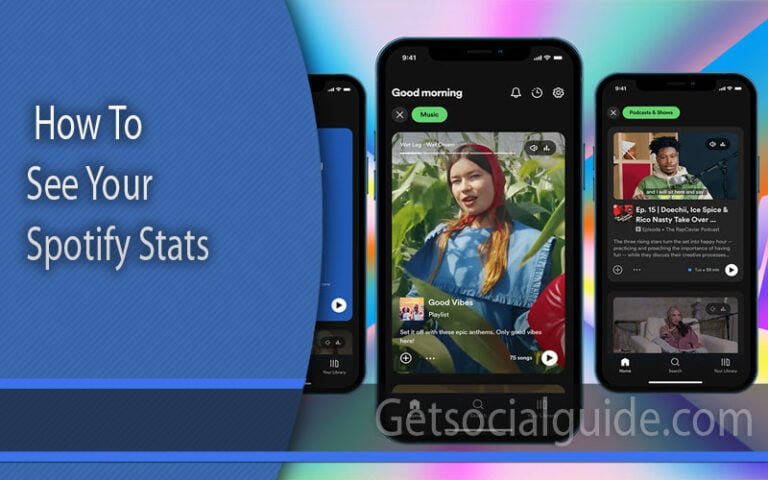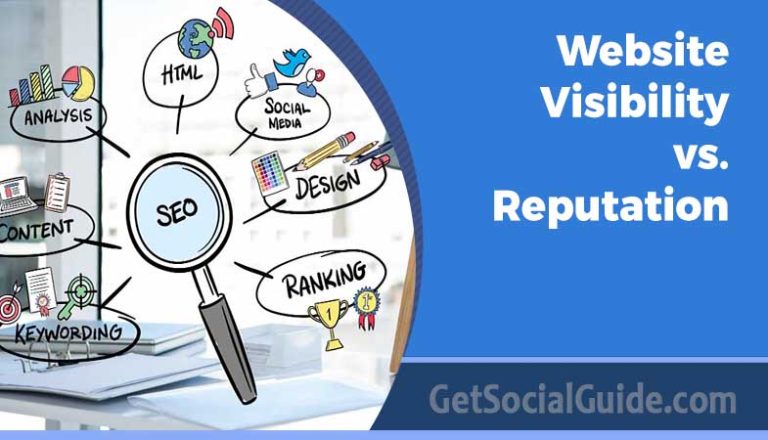Google’s complex algorithms analyze more than 200 different factors to decide a website’s ranking in the search results of which a very essential factor is website speed and general performance. Users nowadays in the digital world want things immediately. If your website is slow, then you can face some serious problems. Slow page speeds negatively affect your search visibility because Google gives preference to sites that offer a smooth user experience. As a result, your website will rank lower in the search results, i.e., your potential customers will get fewer chances to find you.
Moreover, slowly loading times irritate users. High-intent visitors, i.e., people who are really looking for what you offer, may leave your site without even seeing your content. What if a person is searching for “red running shoes,” clicks your website, and instead of getting the desired results, he/she gets a loading page with a spinning icon for a couple of minutes? The user will most likely hit the back button and go to your competitor’s website which loads faster. This means that you lose leads, get fewer conversions, and in the end, your profit margin is negatively affected.
Hence, speeding up the page is not only about the technical side of things, but it also means giving a better user experience and increasing the visibility of your website. Here are 10 very effective methods for enhancing page speed, and each of these methods will lead to a higher search engine ranking: These techniques will range from image optimization, leveraging browser caching, and minimizing HTTP requests to utilizing a content delivery network (CDN), and choosing a reliable web hosting provider. By carrying out these activities your website loading times can be dramatically improved which means your users will be happier, you will get higher search engine rankings and also, more visitors will take the desired actions on your site.

Are you aware that social media platforms like Facebook,Instagram, Twitter, and LinkedIn have algorithms that give preference to websites that load quickly?
A slow website can affect your visibility on these platforms and the reach that you will have on social media. In particular, if you are running social media advertising campaigns that direct users to a landing page on your website.
Advertisers on social media will be paying expensive costs for their ads and marketers will be aware of how essential it is to get the most out of the ads. Your potential customers may get annoyed if they have to go through a slow site and they might even decide not to wait for the page to load, which will result in ad spend being wasted and a lower ROI.
Besides that, social media users want everything immediately, and the trait of patience has long been lost.
They want to be able to get the content quickly and in an easy way without having to wait for pages that load slowly. If your website is too long in loading, users will quickly become frustrated and are likely to abandon your site, which will result in high bounce rates and low engagement rates. They will search for quicker options – and that might be your biggest competitor. That’s not what you want!
Website speed can even have an influence on the way that users see your brand.
Users might consider it as an unprofessional, old, and untrustworthy brand. On the other hand, fast-loading sites make your brand look like a modern, dependable, and trustworthy one. Since most of social media marketing revolves around brand awareness and brand building, enhancing website speed implies better brand perception and thus, customer loyalty will be increasing in the long run.
What Is Website Speed Optimization?
Website Speed Optimization involves altering your Internet pages to have a lighter footprint and consequently enhance the site loading speed. These are measures and techniques turned into practice that bring about a reduction in fetching data from a web source to the barest minimum thus making the website nearly instantaneous. The changes can be any of the aforementioned elements of the web – pictures, codes, HTML, CSS, & JavaScript files, and also caching. Without doubt, user experience is the main benefit of fast web pages, thus, simply, this will raise the engagement and conversion rates as a result of increased user satisfaction.
Slow-loading websites are capable of frustrating the visitors and thereby leading to a loss of business for the owner of the site. These can, in turn, cause revenue problems for merchants if they fail to notice the connection between the low engagement of eCommerce store customers and their revenue generation impact.
Why Is Page Speed Important?
The first impression of your website to the customers will not last longer than a couple of seconds. In these seconds, you have to catch their eye and make them think about your site. If your website is malfunctioning, it might make the control panel difficult to handle, thus impacting your work and efficiency.
Moreover, visitors will abandon your site after posting negative feedback and will never return, nor will they recommend others to visit your site. This will result in a significant loss for your site.
Moreover, Google has added the site speed attribute to its ranking algorithm, implying that the speed of the site is a significant factor in determining the search rank.
Search engines are more likely to position websites with good loading times at the top of their results. Therefore, if your main concern is implementing website speed optimization, then enhancing your SERPs ranking should be your primary goal.
The research has found that when a website takes more than three seconds to load, almost 47 percent of visitors choose to leave the site immediately. As a result, to hold the audience’s attention, speed is a crucial factor.
In other words, if you run a WordPress eCommerce site, then it would be wise to prepare for a series of significant changes that will make your business both more efficient and profitable. To put it simply, if your main goal is to have more visitors on your website, more subscribers, and thus increase your revenue, then working on your WordPress website speed is a MUST!
How To Check Your Website Speed?
Many times, people are under the impression that their internet site load time is good simply because it does not seem to be very slow on their PC.
While you access your website, browsers like Chrome keep your website in the cache, and as you type, it immediately retrieves the site. Hence, your site appears to load very fast on your machine.
Nevertheless, a typical user may have a different experience when they access your website. Users from different regions will have different access experiences.
This is the reason why we recommend testing the loading speed of your website. Right after performing the speed test, you will know which loading time is the most suitable to aim for. A website’s loading time should ideally not exceed 3 seconds.
The quicker a page opens, the faster you make money. Thus, checking website speed is of great importance.
10 Ways For Website Speed Optimization?
You already learned why the speed is an important factor and a method to speed check a site. So, I will reveal to you more things that you can do for your website to be faster.
Now that we know how website speed affects social media marketing, how can you improve your website speed for better social media marketing results? Read on to find out more about the top website speed optimization tips, and a summary of it all here:
1. Reduce the Number of HTTP Requests
A web browser makes HTTP requests to get different parts of the page, such as images, stylesheets, and scripts from a web server. If each request, particularly one using HTTP/1.1, has some overhead in establishing the connection between the browser and the remote web server.
On top of that, browsers normally have a limit on the number of parallel network requests so if you have a lot of requests in the queue, some of them will be blocked if the queue is too long.
First of all, you have to get rid of the requests that do nothing but await the unnecessary. What is the minimum render time required for your website? Discover it, and loading only the external resources that are necessary.
Why not remove the images, JavaScript files, stylesheets, fonts, etc., which are unnecessary? E.g. If you use a CMS such as WordPress, uninstall any unnecessary plugins as they may cause additional files to be loaded from each page.
Once you have cut everything to the bare minimum, the remaining work will be work on the rest to make them more efficient. You should consider file compression for your CSS and JavaScript. An optimized website would usually load all the needed CSS and JavaScript in one request for each.
2. Switch to HTTP/2
Above I was talking about the overhead of sending numerous requests through HTTP/1.1, which is a problem that a solution can tackle. HTTP is the protocol that the browser uses to communicate with a remote web server. Along with your website, the HTML, images, stylesheets, and JavaScript files are also transferred through this protocol.
One way of solving this problem is reducing the number of requests. This is a good approach in any case. Fewer resources required to render your website is always going to result in faster page load times, but there is another way to avoid this overhead.
You could find a way to move your site to the HTTP/2 protocol. Here are a few things you need to know: It depends on your hosting server if it is capable of supporting HTTP/2;
Among the advantages of HTTP/2 over HTTP/1.1 is the removal of limitations such that the server can push multiple files at once, using the same connection. This prevents the overhead of multiple requests from occurring.
3. Choose the Best Hosting Plan
Hosting is the place where your website lives. The analogy would be that your house is the host and your house furniture is like a website. So, if your house is not built on a strong base then your furniture could fall right through the floor.
Choosing the right hosting plan is one of the very first and most significant steps in your website’s journey to better performance.
It can be tempting to choose a hosting provider that offers unlimited bandwidth, space, emails, domains, and so on. What we fail to understand is that shared hosting can deliver very slow loading times in the case of a large audience.
When people are looking at your content, your hosting company is the one who estimates how fast the data is delivered to them. Some providers are just slow. So it can be said that the speed your audience gets is mostly a server matter. The reason for this is that if you wrongly choose your hosting providers, they can completely cancel out your hard work.
Check out our hosting review here
4. Use WordPress Caching plugins
Caching plugins tremendously improve the user experience and make a website work faster. Therefore one of the most significant features for website speed is the usage of a caching plugin.
Caching is a necessary thing for your website as it lets you bypass most of the steps and instead of the whole process being done each time, it takes a copy of the page right after the first load and then retains that cached version for subsequent visits.
There are many cache plugins which you can use to speed up your WordPress website:
- W3 Total Cache
- WP Rocket
- WP Super Cache
- Sucuri
5. Choose A Content Delivery Network (CDN)
CDN is like the main cog for speeding your WordPress site to work faster. The most important attribute of CDNs is that it gets you the fastest loading time of your website no matter what kind of site you have.
The significant role of CDN is to assure excellent availability and performance by extending the provision to different geographical areas( i.e. servers) which collaborate with each other to provide rapid delivery of internet content.
CDN enables you to quickly move HTML pages, JavaScript files, images, videos, etc. The reason for this is that the popularity of CDN is now on the rise day by day.
What if the user comes to your site and his request is sent to the main server? It implies that every user who visits your site is redirected to the main server. Therefore, if a number of users decide to visit the site at the same time, it will lead to server overloading and your site speed will become slow. So this problem can be fixed by CDN.
6. Always Keep Your Plugins and Theme Updated
At present most people are very keen on software and devices updates. We all know that it is very easy to ignore those messages, especially when the result of the required updates is invisible to the average user.
On the other hand, when it is about WordPress, you should be the first one to update every detail of your site immediately.
It is of great importance not to be neglectful of the updates once they are available be they core updates for your WordPress installation or new versions of your WordPress theme or plugins. The leading factor for this to be security as the new updates will ensure that your site is protected from the latest threats.
7. Delete Unused Theme and Plugins
It was a good discovery for you that the best way to fuel your WordPress site is by choosing the perfect theme and plugins and keeping them updated.
What can also be done for site speed optimization is to remove the themes and plugins that you have left behind. This is a website maintenance job that should be part of your regular routine. Because themes and plugins that are not active on your site will take up some space on your server. It is quite logical that the presence of the unnecessary files both confuses the administrators and the audiences.
8. Reduce Server Response Time
When a server is slow to respond, the whole system suffers from lack of speed. It is therefore extremely important that you are aware of how quickly your website loads since that has a direct effect on the traffic that your site gets. The more quickly a website loads, the more traffic it is bound to get. Page loading time together with server response time are the major factors that determine your site’s ranking on the front page.
In order to be able to enhance a website, it is very important to figure out ways to lessen the response time of a server because as long as you do not shorten the waiting time your site may still take longer to load thus resulting in a higher bounce rate (i.e. the visitors will just leave the site before your site completes loading).
Google PageSpeed Insights suggests that TTFB (Time to First Byte) be less than 200ms indicating good server response time. TTFB refers to the period when the browser asks and the server sends the first byte of data. The more the time it takes to get that data, the more the time it takes to show what is on your page. There are several means you can employ to check this. The result of WP Swings website in TTFB testing tools is the one I have taken.
9. Image Optimization
One of the biggest factors that can cause your site to slow down is the pictures you have. The image has the power to change the dullest of content into something attractive for the viewers. From my own experience, I can say that the content that has colorful images is more engaging than lengthy paragraphs.
But if your images are not well taken care of, they will eat up your bandwidth and cause your site to load slower. Our non-optimized images can actually be called the main reason for the slow speed that beginners face.
Without the proper image optimization, the site is going to be very demanding on your limited bandwidth, and it will also slow down all other activities, which in turn will degenerate the user experience.
10. Split Long Posts Into Pages
There is another important way to be able to speed up a website i.e. by chopping the length of the content of any of your webpages. In a case where any of your web pages has extensive content, the loading speed of that page is directly affected in a negative way.
pagination of posts
Another purpose of pagination besides that of speeding content is easier readability, breaking the author’s content and audience fatigue. Most themes have the functionality to paginate content from the backend, and if you can’t locate it simply open your editor’s single.php file and paste <?php wp_link_pages(); ?> in the WP loop.
11. Upgrade Your Hosting Environment
Shared hosting plans are a very popular type of hosting service as they can be quite cheap and easy to maintain. However, shared hosting plans also come with many setbacks. The most important one is the lack of bandwidth which your website gets from the server.
If one of the sites immensely increases its traffic, i.e., in most cases, this is due to a new content or advertisement, then your speed is reduced by dependence on the same server – and so is your customer experience.
Tech support is often overlooked, which is a fortunate and rare case, after the site has gone live, but it is one of the few decisions at the back end that can have a direct impact on performance on each page.
In case your loading times are still very long even after you have optimized front-end factors, your server setup is probably the bottleneck.
If you respond with a yes to the following statements, then it is probably time to upgrade your hosting:
- You have slowdowns repeatedly and performance dips that you cannot explain
- You have already optimized page assets but speed problems continue
- You are dependent on uptime for your sales, demos, or client onboarding
- Your activities or events lead to regular traffic spikes
- You have moved beyond the limitations of shared environments
A Virtual Private Servers (VPS) or a dedicated hosting plan will give you the speed you need to be able to have a smooth customer experience and, in addition, this speed will be stable over time. Furthermore, as traffic grows, this measure will be really helpful in maintaining performance.
| Feature | Shared Hosting | VPS Or Dedicated Hosting |
|---|---|---|
| Resource Allocation | Shared with multiple unrelated websites | Reserved or dedicated resources for your site |
| Performance Stability | Affected by traffic spikes on other sites | Consistent, isolated performance even during peak demand |
| Configuration Control | Limited, often predefined by the host | Full control over server settings and resource scaling |
| Scalability During Spikes | Often slows down or crashes under pressure | Handles spikes from campaigns or launches without issue |
| Cost vs. Long-Term Value | Lower upfront cost, higher risk of performance loss over time | Higher cost, but stable, scalable and more future-proof |
Wrapping Up!
The speed of the website is one of the main factors that influence the success of the site. It is one of the key elements that help you to rank high on search engines. Even a second is very crucial when it comes to the loading of your site. The quicker your site will be loading, the more visitors you will have.
Moreover, by reducing the loading time, user experience will be improved to a great extent, regardless of the device that the visitors are using (mobile phones, tablets, or PCs).
Therefore, if you wish to have your WordPress site perform at the highest level, simply adhere to these steps. It will not only upgrade the speed and performance of your site but also make it more accessible to users.
Finally, I just want to say that, if you liked my post or you have some other ideas for the loading time of your WordPress site, please feel free to share your thoughts in the comments section below.


